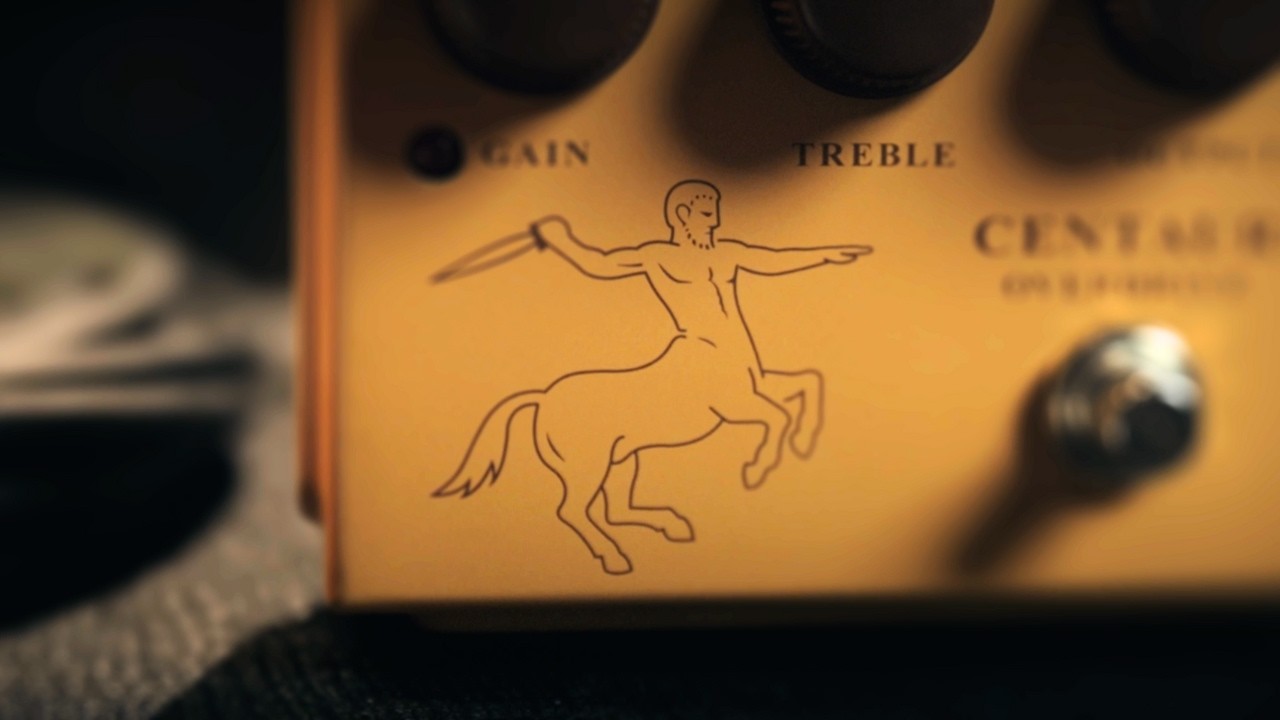The designer of the Klon CentaurBill Finnegan, is suing Behringer’s parent company Music Tribe over the release of its $69 Klon copy, the Centaur Overdrive.
Finnegan had his IP attorneys file the motion on Friday, 30 May, at the district court of Massachusetts, arguing that Music Tribe’s actions went “far beyond the line of permissible inspiration versus unlawful copying”, and is seeking damages and injunctive relief.
Behringer launched the Centaur Overdrive in November 2024. Retailing for $69, it promised to be a faithful copy of Finnegan’s pedal, arguably the most sought-after overdrive pedal in the world, its use popularised by the likes of John Mayer and Jeff Beck – both of whom are mentioned in the action.
Finnegan has always made each one by hand. Demand has long since outstripped supply, and second-hand Klon Centaurs change hands for silly money.
That someone should copy his circuit was not Finnegan’s issue. He accuses Behringer of trademark and trade dress infringement, false advertising, and false designation of origin.
Behringer’s Centaur Overdrive is an exacting take on the gold enclosure Klon, with the eponymous centaur graphic on the front. Behringer’s logo is not on the front of the pedal; you will find that located on the top of the unit above the input/output jacks.
Finnegan’s action cites a transcript of Behringer’s promotional YouTube video for the Centaur Overdrive as Exhibit A. The video mentions Finnegan by name, and his original Klon Centaur is pictured.
Finnegan shared the action on Instagram last night and explained why he was taking legal action.
“IP attorneys I have engaged filed a federal lawsuit against a well-known pedal manufacturer that is currently marketing and mass-producing a pedal that we believe blatantly infringes upon specific intellectual property owned by my company Klon LLC,” wrote Finnegan. “For the record, I have never been consulted in any way about this pedal, it has never been authorised by me, and I have never had any involvement whatsoever in its design, production, or marketing.”

Finnegan said he would make no more public comment on the matter. The complaint, would speak for itself.
This is the latest in a number of controversies surrounding Behringer’s product range. In February, Musitronics, accused Behringer of copying its products, trade dress and appropriating the company’s history for use in its promotional materials following the launch of the B-Tron III Envelope Filter, a clone of Musitronics’ Mu-Tron III.

The B-Tron III was the third in a string of products inspired by Musitronics’ designs. In 2022, Behringer released the Dual-Phase, a Mu-Tron Bi-Phase clone that was originally teased as the “Bi-Phase” before the name change. In 2021, Behringer released the Octave Divider, a clone of the Mutron Octave Divider.
In January, Roger Linn criticised Behringer over the launch of the LM Drum, a clone of Linn’s iconic LinnDrum drum machine used throughout the ‘80s by the likes of Tears For Fears.
“Even if we discount the copying of the visual design, logo style and sound circuit of LinnDrum,” said Linn, “the LM Drum copies my sounds. So I’d have preferred for Uli (Behringer) to ask my permission. Even if he thinks it is legal, I question whether it is ethical.”
GIPHY App Key not set. Please check settings